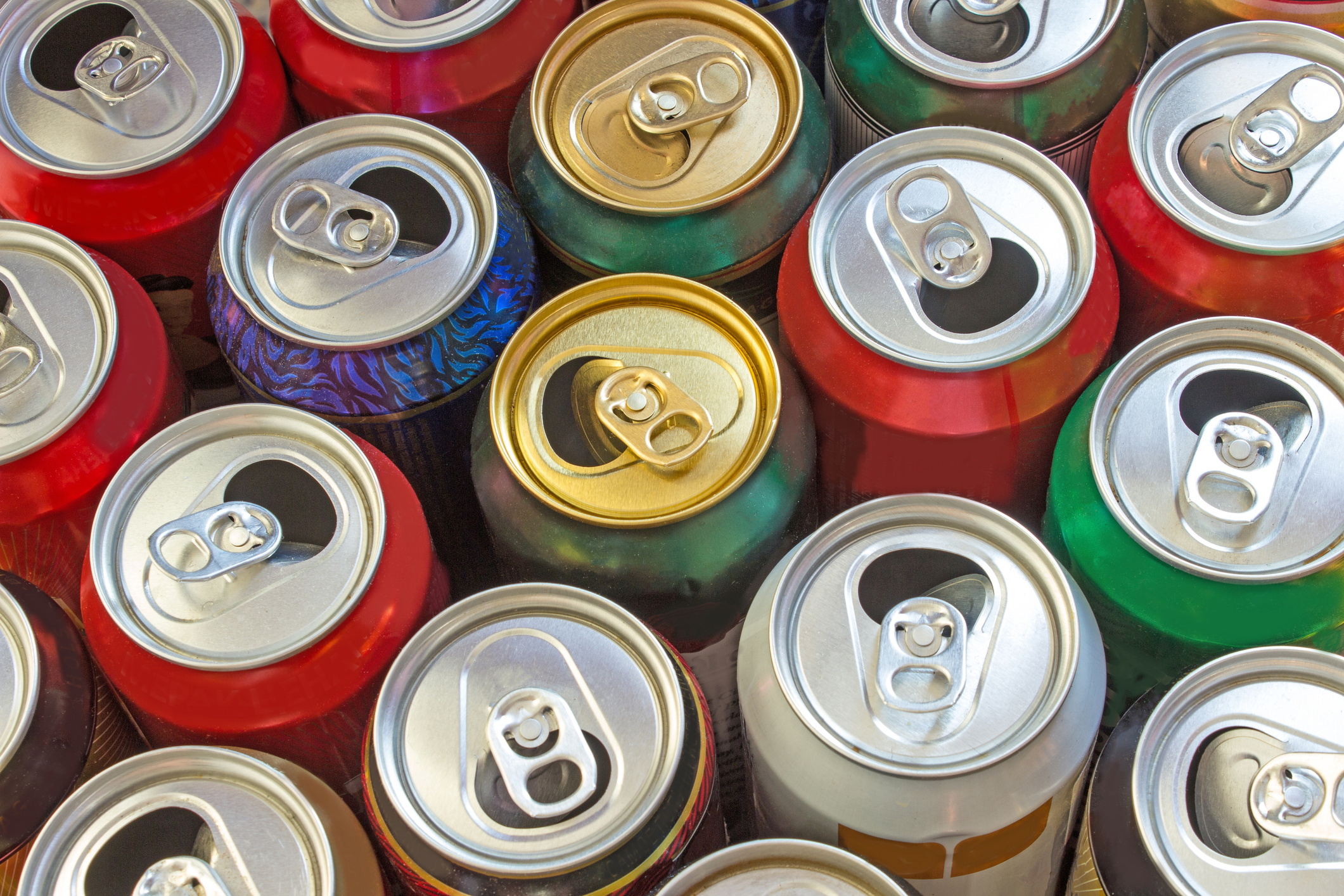Aluminum Industry Rallies at Climate Week NYC to Advance Circular Economy Solutions

As global leaders gather in New York for Climate Week 2025, the Global Beverage Can Circularity Alliance is highlighting aluminum’s unique role in climate action. The coalition, reported to be established after COP28, is using the platform to stress how beverage cans can accelerate the transition to a low-carbon circular economy.
According to the International Aluminium Institute (IAI), the headline session “Aluminum in Action: How Beverage Cans Are Closing the Circularity Loop” will take place on September 25 at Civic Hall. Reports indicate that the event will unveil new recycling data, feature advanced recovery technologies, outline new investment initiatives, and introduce policy recommendations to strengthen can-to-can closed-loop systems worldwide.
“Aluminum is one of the few materials that can be recycled over and over again without losing quality. When we recover it, we cut carbon, reduce waste, secure supply chains and preserve value,” said Marlen Bertram, IAI’s Director of Forecasts and Scenarios, as cited in the announcement.
IAI figures show that aluminum beverage cans hold the highest recycling rate of any drink container globally, while recycled aluminum requires 95% less energy than primary production. Yet, according to 2024 data from the Aluminum Association, the U.S. lags behind global averages: the worldwide recycling rate is 71%, but only 43% of cans are recovered domestically.
“Each year, more than a dozen 12-packs of aluminum cans end up in landfills for every person in the United States. We are throwing away more than $1 billion worth of aluminum each year,” noted Curt Wells, Senior Director of Regulatory Affairs at the Aluminum Association.
Industry leaders are responding with initiatives to reverse this trend. Scott Breen, President of the Can Manufacturers Institute, said that aluminum cans in the U.S. complete a “60-day journey from recycling bin to newly formed can.” He added that the industry is advocating for producer-funded recycling, supporting public collection programs like the Every Can Counts U.S. program, and investing in artificial intelligence-powered can capture equipment at recycling facilities.
Reports suggest the Climate Week session will feature new circularity data dashboards, examples of AI-driven recycling robots, and updates on public-private initiatives. According to the program agenda, speakers from Crown Holdings, Ball Corporation, Novelis, Emirates Global Aluminium, and other companies will present their latest strategies.
Analysts note that aluminum is increasingly central to global decarbonization efforts. Unlike plastics or glass, the metal retains its properties indefinitely when recycled. Policy experts suggest that Extended Producer Responsibility (EPR) laws under discussion in several markets could accelerate can-to-can recovery. According to industry observers, aligning U.S. recycling rates with those in Europe would both reduce landfill waste and strengthen domestic supply security, especially as demand for low-carbon materials rises.
As reported by multiple stakeholders, momentum is building for circular systems where sustainability goals converge with economic opportunity.






